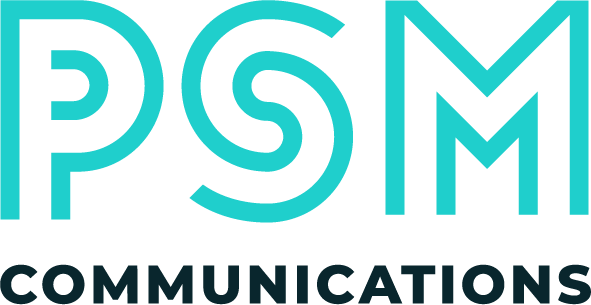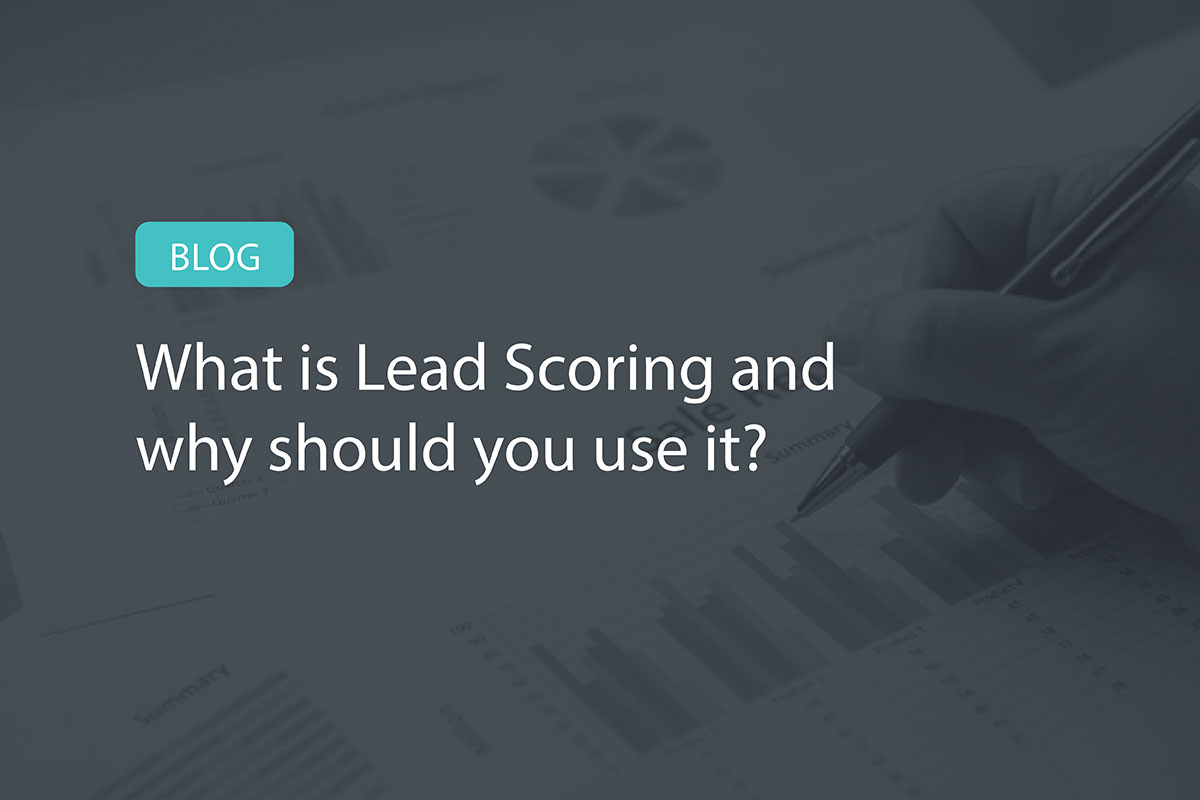Another question we often get asked by clients! Well, as some of you may know, in the B2B industry, lead scoring is a methodology used by sales and marketing departments to determine the quality of leads, or potential customers, by attaching values to them based on their behaviour relating to their interest in your services.
The “value” of each lead varies from company to company but it’s generally characterised by the interest shown in the company or their position in the sales cycle. And, for those of you who don’t know, qualifying leads are typically classified in a point-based system based on their history of interactions:
- Hot (highly prospective)
- Warm (getting there)
- Cold (not interested)
So, how does lead scoring work?
Put simply, sales and marketing departments need to agree on the definition and criteria for a marketing qualified lead in order for lead-scoring to begin. For example, a qualified lead might be an HR Director from an organisation over 5,000 people, based in the UK. To then attribute a score to this HR Director, information about his/her activities, demographics or areas of interest are analysed. So, if this HR director downloaded one of your white papers they are given a score; if this HR Director attended one of your webinars they are given a score; if they attended an event you host, they are given a score and so on. When these scores reach a marketing qualifying lead threshold they are passed over to sales because the ‘score’ deems them an ideal fit with the propensity for them to engage in a meaningful conversation. Other activities that firms use to measure a lead’s interest include which emails they respond to, which pages they visit on your website, any forms they fill out or whether they clicked on a blog post or any other social media content etc.
Why should you use it?
To those yet to be convinced lead scoring can be perceived as a tedious process, and depending on which source you consult, anywhere from 66% to 81% of businesses still don’t practice it.
If you’re undecided, you should be aware of how other professional services firms use lead scoring for growth. Even if you’re on board and planning to automate the process with marketing automation software, it’s important to define clear goals and success factors. What do you hope to achieve? How will you track the results? Are you and sales aligned?
In our experience we have identified three areas where marketing and sales see the biggest improvement from lead scoring in professional services:
More conversions
Lead scoring doesn’t mean that you’ll generate more leads; it simply means that you’ll be able to focus your efforts on better “quality” leads. If you’re on the right path, then MQL’s will start to play a bigger part in your lead conversion. A study by Lenskold-Pedowitz concluded that 68% of marketers said lead scoring was “highly effective and efficient” at improving their programmes’ revenue contribution.
High Sales Productivity
Instead of wasting a significant amount of time cold-calling and following up with unqualified leads, your sales team or consultants can have quality conversations and invest their time in activities that yield results. Moreover, by filtering out cold leads, a scoring system will also shorten the sales cycle. It basically means that with a concise conversion process, you can create more sales opportunities.
Marketing and Sales Alignment
This last one is a less tangible benefit, however, it has very real implications. Lead scoring provides the perfect opportunity for the two departments to collaborate. Sales specialists can tell marketers what kind of content will help them start conversations and which metrics are actually indicative of purchase intent. And marketers can use this insight to improve their efforts and create targeted programmes.
If you want to learn more about lead scoring and how it can benefit your firm, or get advice on which marketing automation platform is most suitable for you then feel free to speak to us. Contact us to find out how we can help.

